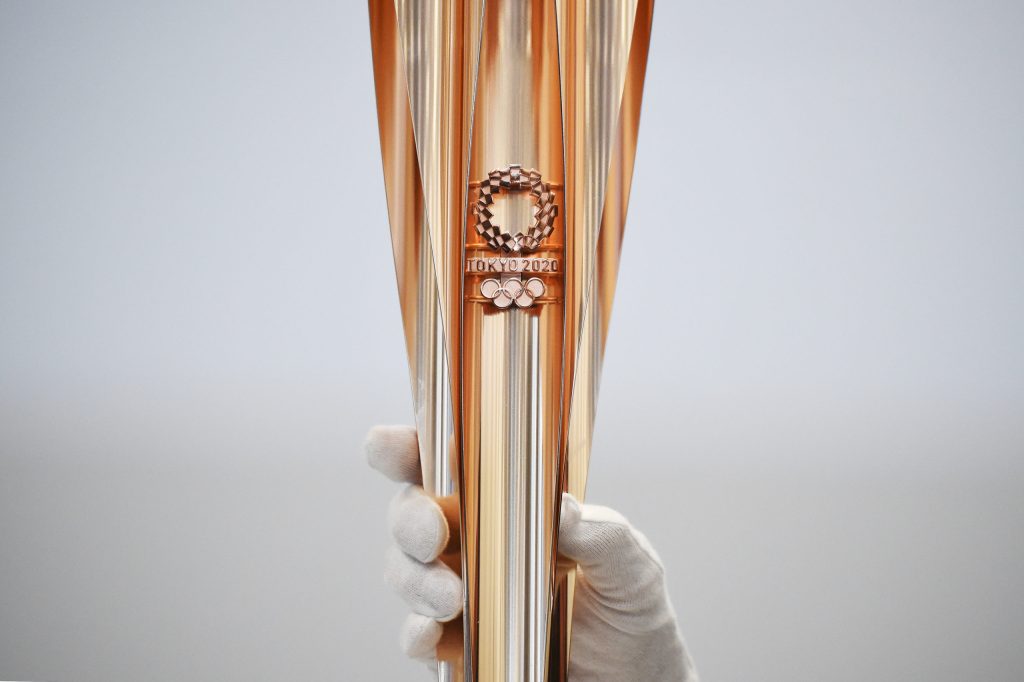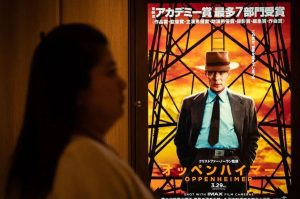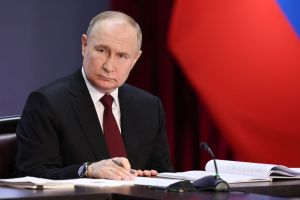There is a rare treat for classical music fans in Tokyo this week with the visit of the Vienna Philharmonic Orchestra under their star conductor Valery Gergiev. And it’s even more of a treat when you consider the conditions under which the concerts are taking place, with full audiences rather than the socially distanced half house limits we have become accustomed to. Apart from a requirement for patrons to wear masks, it looks pretty much like a normal series of exorbitantly priced prestige concerts at the Suntory Hall (200 bucks in the cheap seats).
While very welcome, this does raise an awkward question: how did one of the world’s premier orchestras make it to the venue in the first place, given the supposed two-week isolation period required for visitors from Europe? Surely the entire orchestra and their entourage haven’t spent 14 days hunkered down at Narita Airport, or tuning their instruments in hotel rooms at enormous expense?
It turns out the Phil and the Suntory Hall were given a special exemption, which had nothing to do with an improving COVID-19 situation, a hard to escape contractual obligation, or the needs of culture famished Tokyoites. No, the most likely explanation is the ‘2020’ Olympics.
Officially, the games are scheduled to go ahead in July next year, but with much of the world still in some form of lockdown, there are serious doubts about whether this is realistic. And with a final decision needing to be taken quickly, the authorities here are desperate to prove that Japan is a safe country for visitors. The showpiece Vienna Phil visit is clearly intended to send a signal that Japan is capable of accommodating elite performers before a full house of spectators. The same is probably true of the four-country (Japan, Russia, China and the USA) gymnastics competition held at Yoyogi National Gymnasium this month, which saw athletes given entry without having to perform somersaults at immigration.
These demonstrations of readiness have been accompanied by a chorus of optimistic pronouncements from sporting and political heavyweights, such as Olympic president Thomas Bach, who has made several visits, and World Athletics president Seb Coe, who was in Tokyo recently. The new PM Yoshihide Suga says he is committed to the revised timetable, while Tokyo governor Yuriko Koike says the games should be held ‘by all means necessary’ (though Olympic minister Seiko Hashimoto’s slightly different ‘at any cost’ is probably the more revealing).
For the urgency is surely motivated by financial and political concerns as much as it is by sporting worries. Domestic sponsors have paid $3.3 billion to the local organizing committee, which is twice as much as in any previous Olympics. With the prospect of an outright cancellation, or a pared-down event with restricted attendance, many of those sponsors would be reluctant to stay the course and would want some or all of their money back.
Then there is the 19 trillion yen ($180 billion) of anticipated revenues from inbound visitors. Cancellation would reduce that to zero, which would lead, believes political commentator Jiro Honzawa, to a hefty tax increase to compensate the worst hit. This, rumor has it, would include a hefty pay off to an ad agency that had a very close relationship with former PM Shinzō Abe and is tasked with running the games. A tax hike, a rare event in Japan, could impact Prime Minister Suga’s plans to cement his position as party leader and thus remain in office.
Attempts have been made to forestall criticism about safety with talk of rapid testing for athletes at the airport replacing quarantine, and a ‘pledge’ to be signed by all participants that they confine themselves to pre-arranged itineraries for the duration of the event. To further curry favor with skeptics and cynics, the IOC and Tokyo Olympic organizing committee have agreed to economize across the board, including the scaling back of the red carpet treatment for officials.
***
Get a digital subscription to The Spectator.
Try a month free, then just $3.99 a month
***
Despite these efforts, it is debatable whether the Japanese public cares all that much if the games go ahead or not. What enthusiasm there was — and there was plenty of criticism even before COVID — has dwindled in the face of health care and job security concerns. ‘Just cancel it’ was trending on Japanese Twitter in March while barely a quarter of respondents to a July poll expressed excitement with next year’s putative games, with 33 percent calling for them to be cancelled. Recent surveys have seen a slight uptick in enthusiasm but it’s still far from overwhelming.
As to the rest of the world, fans, athletes, and those just longing for something to look forward to will probably be gratified by the efforts being made to save the games, whatever the underlying motivation.
Lockdown skeptics may not be much heartened by Tokyo’s efforts either. The push for further loosening to restrictions, as exemplified by the Vienna Philharmonic visit, suggest that the only thing that can shift politicians away from an obsession with the coronavirus is an alternative threat, of immense financial, political and reputational significance.
This article was originally published on The Spectator’s UK website.


















